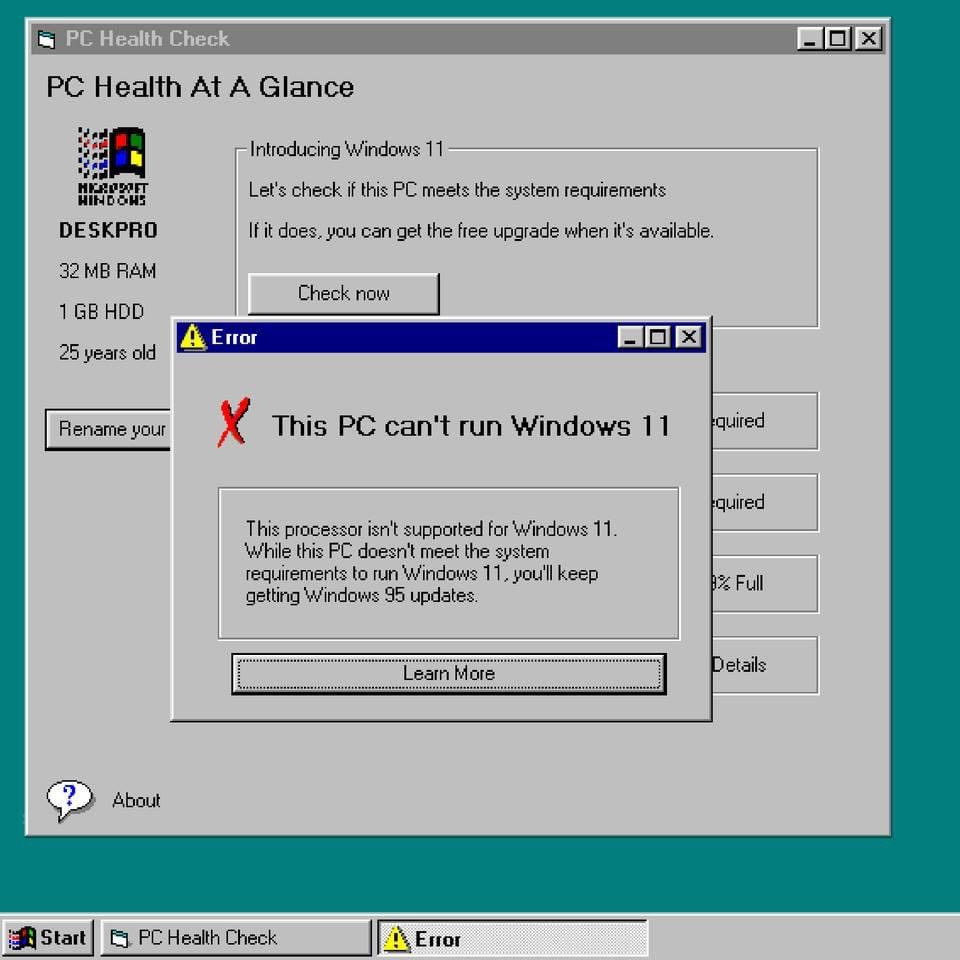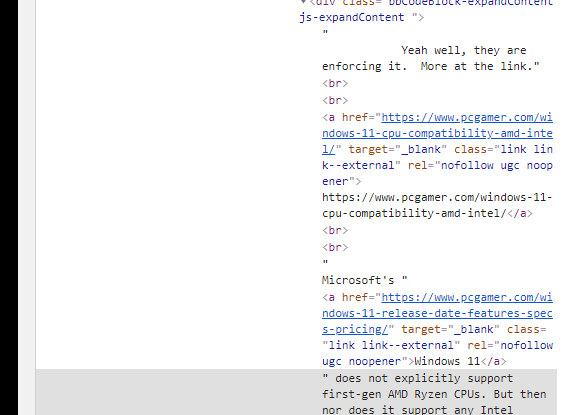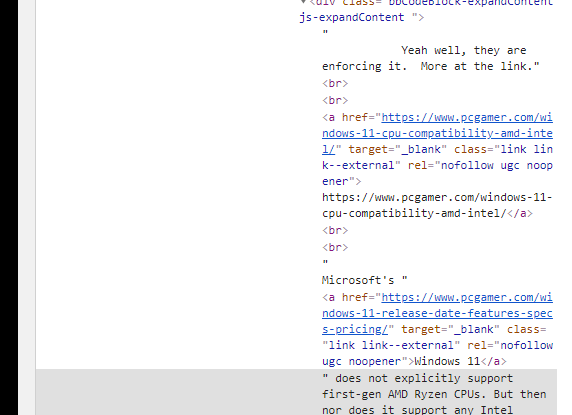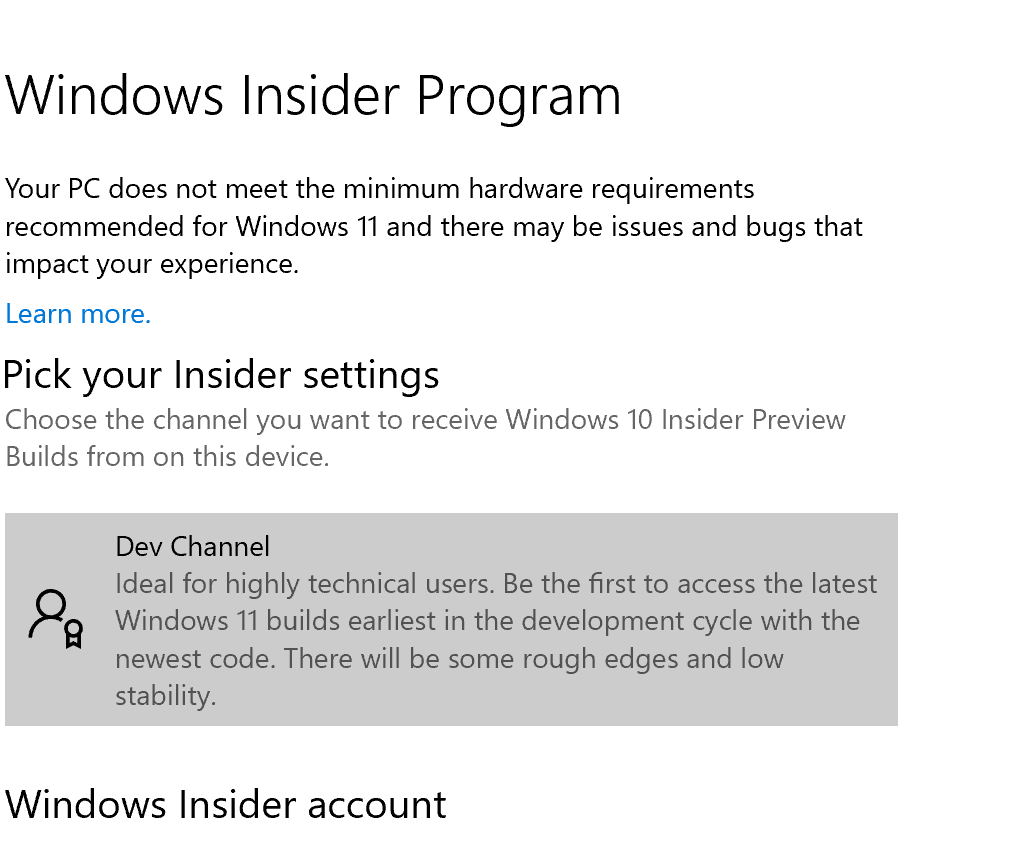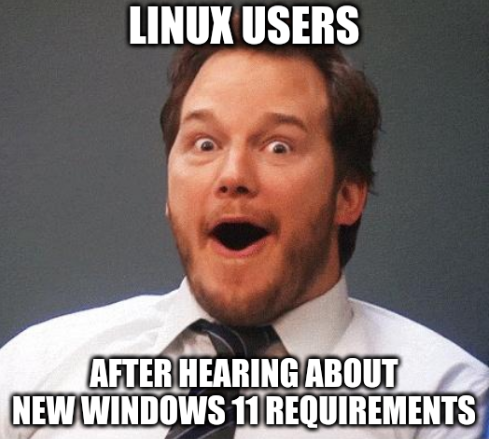Zarathustra[H]
Extremely [H]
- Joined
- Oct 29, 2000
- Messages
- 39,100
simple, easy fix ... and that means most folks will be stressing out about it
Relax oh mighty ones ... TPM 2.0 modules in prep for Windows 11
https://www.shacknews.com/article/1...-add-in-tpm-20-modules-in-prep-for-windows-11
but then this:
Thanks to Windows 11, Scalpers Buy Out Add-on TPM 2.0 Modules
Scalping used to be ILLEGAL in the USA but clearly not any more. I feel for all the folks who got arrested for scalping NFL football tickets some years back
I don't. Just because people are getting away with it today, doesn't mean those guys weren't assholes back then. They deserve everything they got.
![[H]ard|Forum](/styles/hardforum/xenforo/logo_dark.png)
